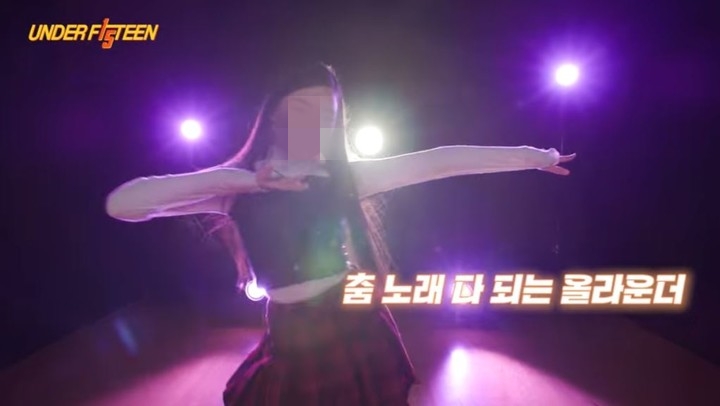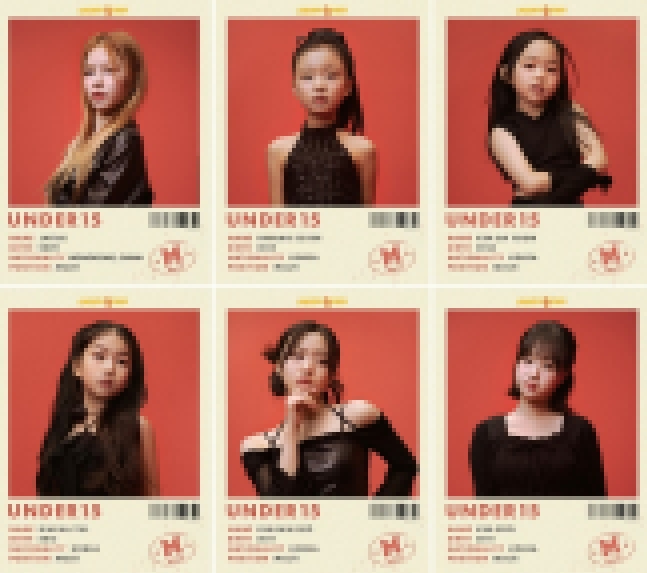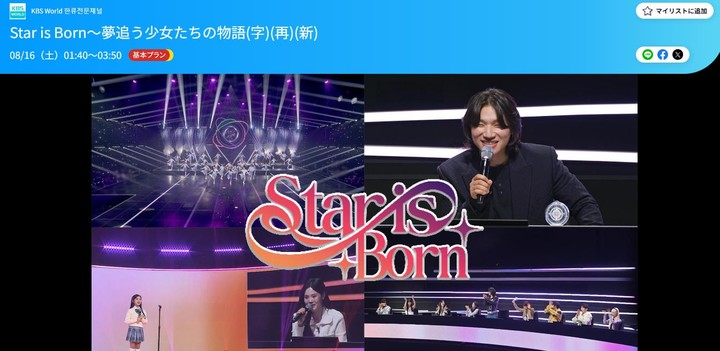K-Topic Details
Twice Axed 'Under Fifteen': Why Did KBS Try to Revive MBN’s Controversial Project?

In March, the audition program 'Under Fifteen' was ousted from MBN following fierce public backlash over the sexualization of minors. After five months of silence, attempts were made to resurrect the show under a sleeker name, 'Star is Born,' on KBS Japan. However, the general public quickly discerned the reality behind the rebranding, and, on the 9th, the program was canceled for a second time. The brief, tumultuous life and death of this so-called "zombie" show prompts the uncomfortable question: Why did the creators fail to understand the essence of their wrongdoing until the end?
The controversy began simply enough. Young girls under the age of 15 were made to perform on stage, dressed in midriff-baring outfits and with barcodes printed on their profile pictures. Accusations of treating children as commodities ensued, to which the producers responded at a press conference by claiming, "It was a student ID concept," and professed surprise at the sexual implications that viewers attributed to the show.
This defense was more than a mere excuse; it laid bare the lack of gender sensitivity and ignorance surrounding children’s rights within the K-pop industry. Further scrutiny revealed that the producers’ claim of passing content review procedures was false, and they stubbornly dismissed public criticism as a misunderstanding, never acknowledging genuine fault in their planning.


The behavior of public broadcaster KBS raised even greater concern. Despite the program’s expulsion from a private channel over serious ethical violations, KBS attempted to air it overseas under the guise of ‘KBS Japan’. News of this move on August 9 prompted immediate petitions on the KBS viewer board, demanding the show’s cancellation. Yet, the KBS headquarters replied by shifting responsibility, stating, "KBS Japan is an independent corporation," thereby avoiding accountability while still pursuing potential profits. Especially controversial was the idea of having Japanese viewers judge Korean minors so close to Korea’s Liberation Day—an act widely criticized as a betrayal of public broadcasting values.
Ultimately, the ‘Under Fifteen’ debacle is not just about the producers. It is the product of a warped market demand for "younger and more provocative" idols, broadcasters obsessively chasing ratings at the expense of children’s dreams, and a social system lacking proper safeguards for young participants in the entertainment industry. All of these factors birthed the ‘Under Fifteen’ controversy.
The double cancellation sends a resounding message: society will no longer tolerate audition formats that exploit the aspirations of children. As this sobering event comes to a close, it poses a serious challenge for the K-pop industry to reflect on and overhaul its approach to child rights.
Note “This article was translated from the original Korean version using AI assistance, and subsequently edited by a native-speaking journalist.”

Photo=MBN, KBS Japan SNS
Recommended News
* This article is provided by MHN Sports.